
The rollout of 4G infrastructure to Scotland's most remote hills and glens should be reviewed urgently by the new UK Government, a coalition of rural, wildlife and conservation bodies has said.

we need connectivity where we live and work, not in our most fragile and remote wild places
Organisations including the The John Muir Trust, rural business body Scottish Land & Estates, RSPB Scotland, Mountaineering Scotland, the National Trust for Scotland, Ramblers Scotland and Woodland Trust Scotland, have written a joint letter to Sir Chris Bryant MP, Minister of State for Digital and Data Infrastructure, asking the government to review the 'Total Not-Spot' element of the Shared Rural Network programme put in place by the last administration.
A number of community councils across the Highlands have also signed the appeal, as well as estate businesses and organisations such as the Knoydart Foundation concerned about the impact of new phone masts and access tracks, and the poor case that's been made for building them.
Thomas Widrow, head of campaigns for the John Muir Trust, said:
"Decisions taken in Westminster are impacting beautiful and incredibly important wild places hundreds of miles away. As a charity whose purpose is to protect wild places, we are alarmed that damage will be inflicted on landscapes and wildlife with no evident public or environmental benefits.
"Rural communities and outdoor enthusiasts alongside environmental organisations are speaking with one voice – we need connectivity where we live and work, not in our most fragile and remote wild places.
"The new UK government needs to listen to this unprecedented alliance of voices and pause and review the TNS programme. Wild places, the biodiversity they shelter and the people they benefit deserve nothing less."

The Shared Rural Network programme is a collaboration between the UK Government and four big mobile phone operators (EE, O2, Three and Vodafone) which aims to achieve 4G mobile phone coverage across 95% of Britain's landmass. Whether or not anyone actually lives and works in the areas targeted by the programme is not a consideration. The approach to achieving the coverage is target-led, top-down and, crucially, is failing to consider the actual needs of people living in remote rural areas, say campaigners.
In Scotland, there are 260 sites classified as Total Not-Spots (TNS), selected mainly to provide landmass coverage and meet the geographical targets of the programme, rather than prioritising coverage for communities or transport routes. This has resulted in a scenario where remote, scenic and ecologically fragile areas are set to accommodate unnecessary masts, along with related infrastructure and access roads, leaving a significant mark on some of Scotland's best-loved wild places.
The coalition says that there is a compelling need for a review, and an assessment of how the hundreds of millions of pounds earmarked for this segment of the Shared Rural Network programme can be better used.
Duncan Orr-Ewing, Head of Species and Land Management at RSPB Scotland, said:
"Whilst initially well-intentioned, the SRN mast roll out has subsequently raised significant concerns, with development proposals coming forward that we believe will impact some of our most threatened species and habitats, and in places where we believe that the case for these mast developments is weak.
"We stand together with landowners, communities and other conservation NGOs in calling on the UK Government to review the current programme, and to listen to the genuine and deepfelt views of the various stakeholders in Scotland."














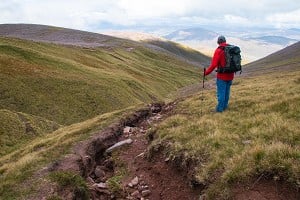









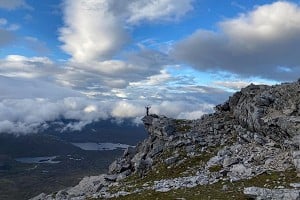

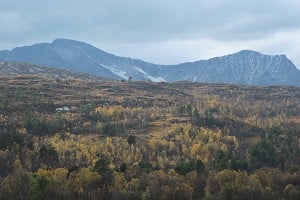
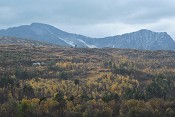
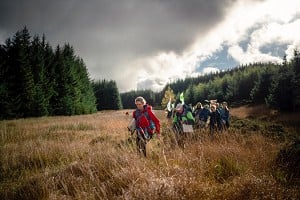
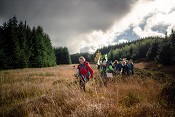
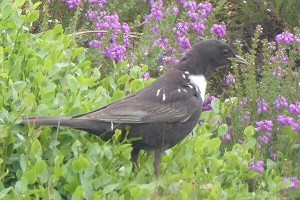
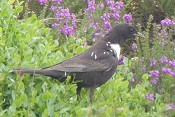


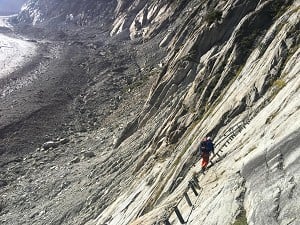























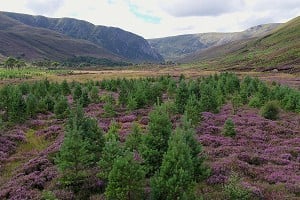
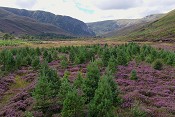
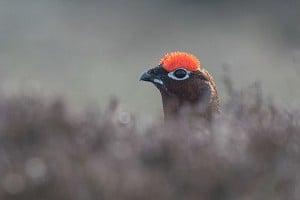

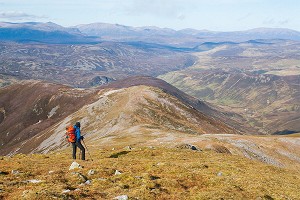

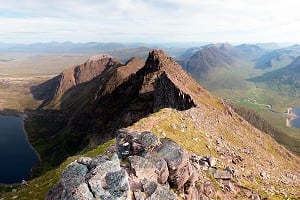

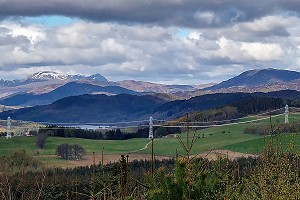
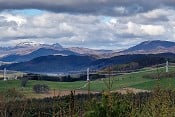


Comments